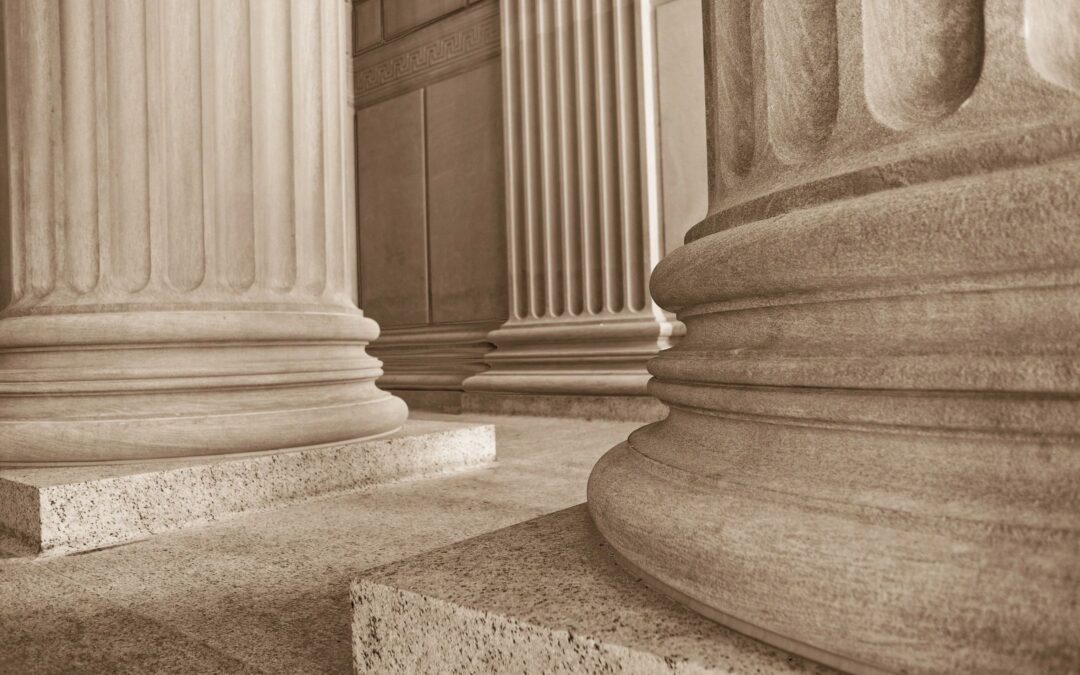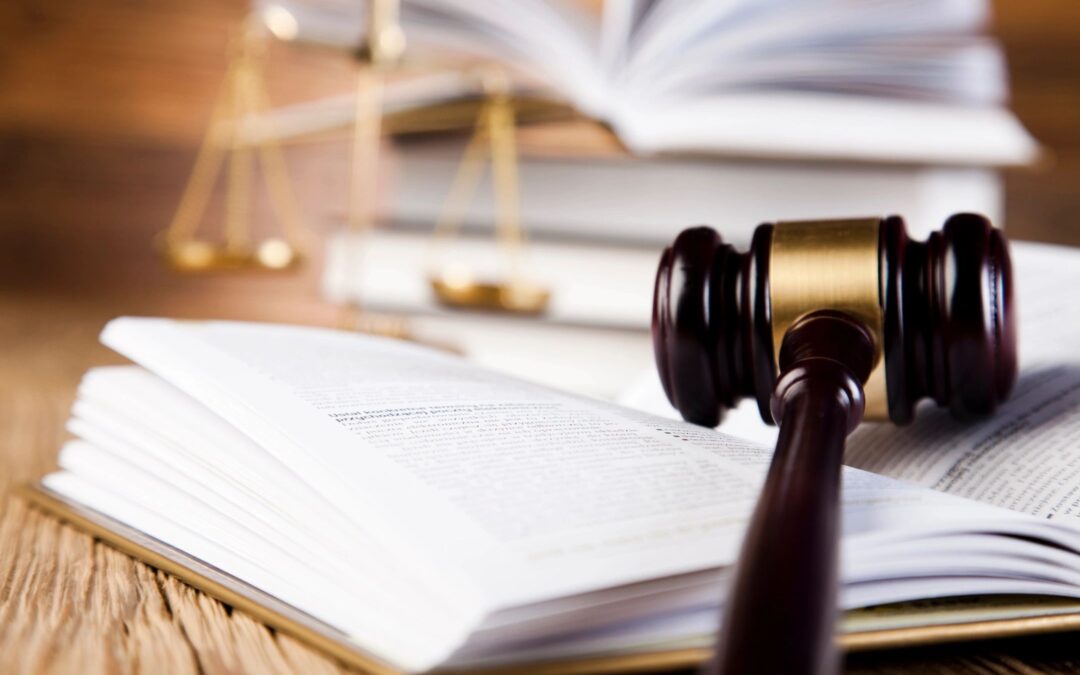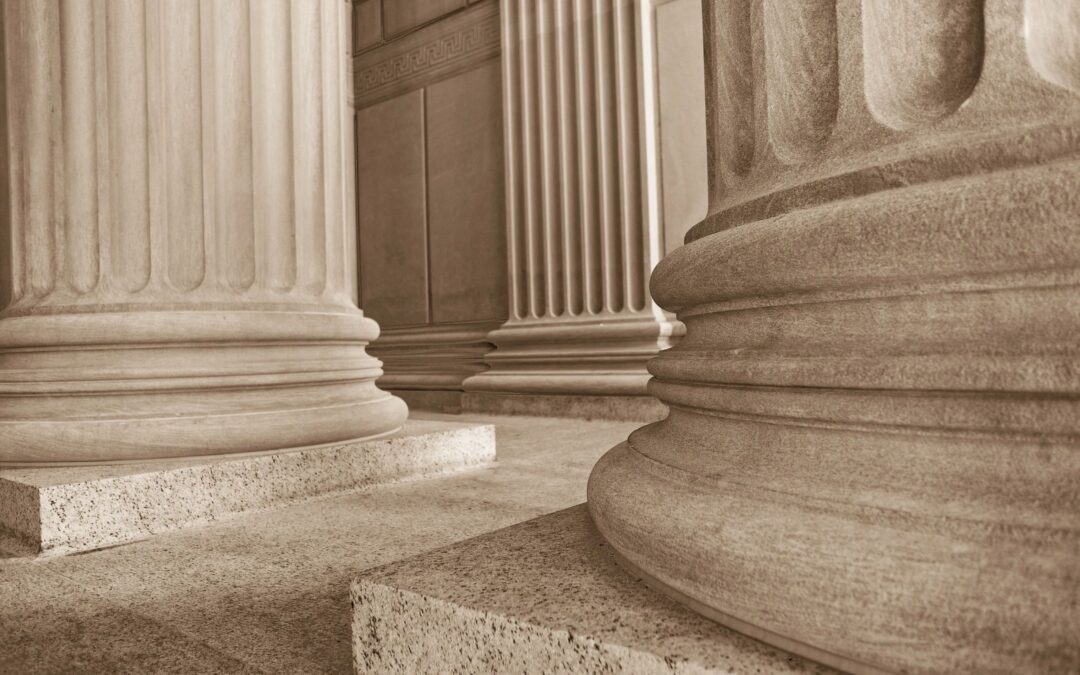
by Matthew Johnson | Apr 8, 2025 | Prior Art Issues, PTAB News, PTAB Trial Basics
By Ernie Oleksy and Matt Johnson – The PTAB recently provided a pre-AIA priority analysis for reference patents in Roku, Inc. v. Anonymous Media Research Holdings, LLC, No. IPR2024-01057, Paper 10 (P.T.A.B. Feb. 10, 2025). This decision highlights the...

by Matthew Johnson | Apr 3, 2025 | PTAB News, PTAB Trial Basics, Trial Institution
By Joshua Nightingale and Daniel Sloan – Recent developments at the USPTO suggest a significant shift in favor of the PTAB exercising discretionary denial and uncertainty on behalf of parties to PTAB proceedings. On March 24, 2025, following the February 28,...

by Matthew Johnson | Mar 28, 2025 | PTAB News, PTAB Trial Basics, Trial Institution
By Jennifer Chheda, Yi Dulkeith, and Tova Werblowsky – A new interim process for the Director to exercise discretion as to whether to institute an inter partes review(IPR) or a post grant review (PGR) was announced on March 26, 2025, in which discretionary...

by Matthew Johnson | Mar 19, 2025 | Federal Circuit Appeal, PTAB News, PTAB Trial Basics
By Kait Crowder and Matt Johnson – Honeywell filed a petition for inter partes review of 3G Licensing’s U.S. Patent No. 7,319,718, which claims a coding scheme for transmitting information in 3G mobile communication systems. The PTAB found none of the...

by Matthew Johnson | Mar 7, 2025 | PTAB News, PTAB Trial Basics, Standing
By Ellen Geyer and Matt Johnson – The Federal Circuit rejected a recent argument that the PTAB does not have inter partes review (IPR) jurisdiction over expired patents. Because even expired patents involve the grant of public rights, the court explained that...

by Matthew Johnson | Mar 3, 2025 | PTAB News, PTAB Trial Basics, Trial Institution
By Ashvi Patel and Matt Johnson – On Friday, the USPTO rescinded its June 21, 2022, guidance memorandum entitled “Interim Procedure for Discretionary Denials in AIA Post-Grant Proceedings with Parallel District Court Litigation.” That memorandum discussed...







